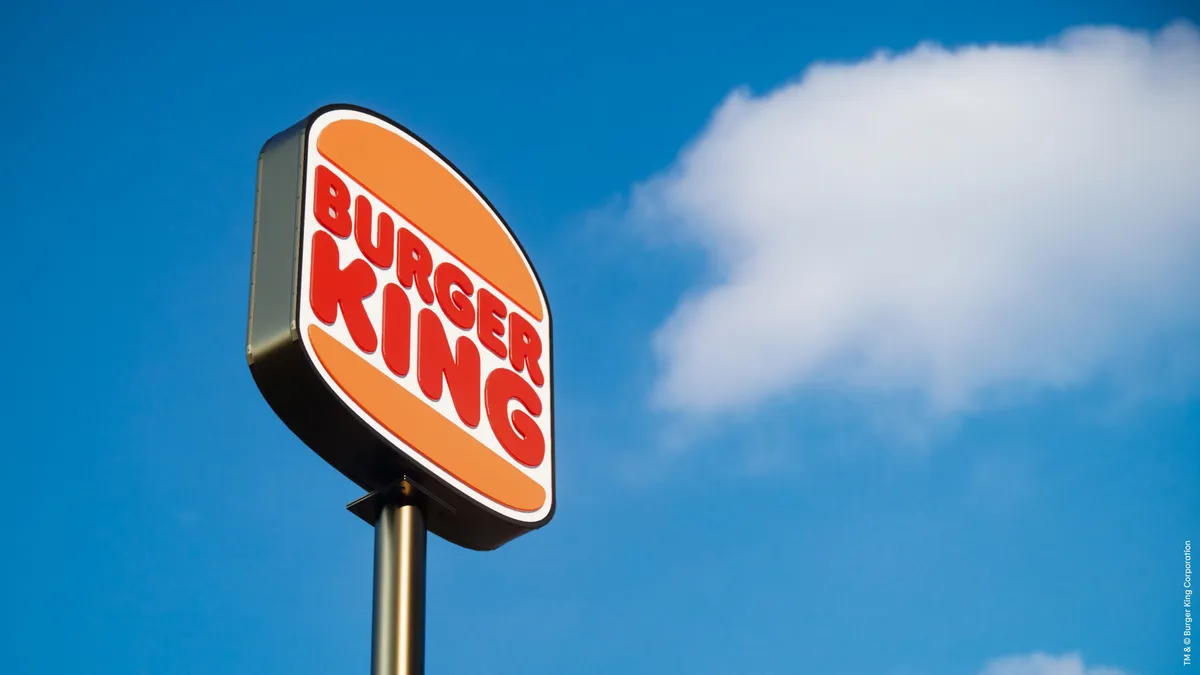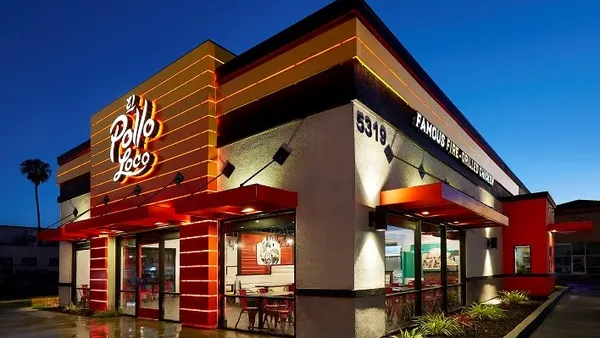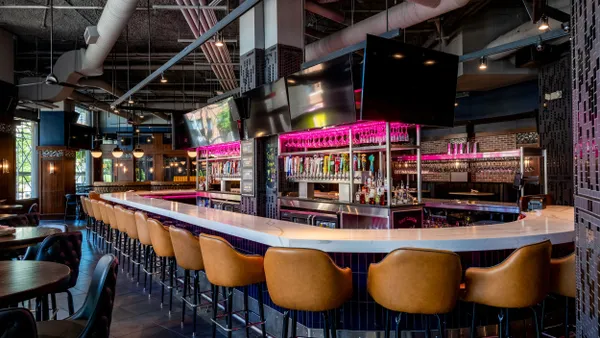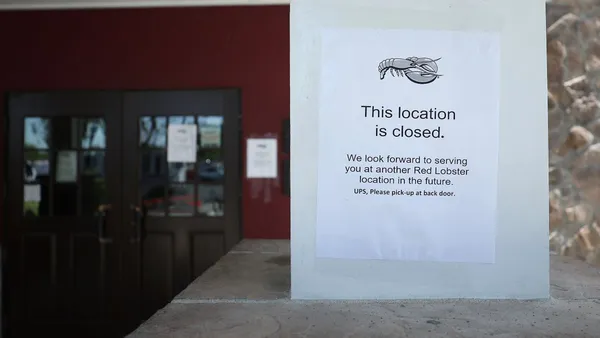Dive Brief:
- Meridian Restaurants, a Burger King franchisee that went bankrupt in March, will close 23 of its 116 units, according to a motion filed by Meridian seeking the court’s authority to void lease and franchising agreements.
- Following a performance evaluation of its stores, Meridian said it did not intend to close the vast majority of units, and that it plans to negotiate rent concessions with remaining landlords.
- The order covers 27 restaurants, 4 of which ceased operations prior to Meridian filing for Chapter 11 protections earlier this year.
Dive Insight:
These closures followed an analysis of “historical and recent store profitability, historical and recent sales trends, occupancy costs, the geographic market... the potential to negotiate rent reductions with the applicable landlords, and specific operational circumstances,” according to the court filings.
Burger King’s franchising problems are not limited to Meridian, though the business strategy of acquiring underperforming stores and attempting to turn then around, as described in court records, left Meridian exceedingly vulnerable to cost increases. The macro pressures that Meridian says crippled its business — including rising labor and supply chain costs and inflation — threaten QSR franchisees beyond Burger King, too.
In late March, Toms King, another major Burger King franchisee, sold 82 of its restaurants at a bankruptcy auction for a total of $33 million. In Michigan, EYM King closed 26 of its Burger King stores, though it has avoided Chapter 11 for the moment. Burger King U.S. shed units last year, losing 63 net restaurants or about 0.9% of its stores according to parent company Restaurant Brands International’s 2022 results. While the brand hasn’t reported its development numbers for Q1 2023, the EYM and Meridian closures, including Meridian’s pre-bankruptcy closures, have taken 53 restaurants off the board for Burger King U.S.
Burger King and RBI launched a combination of marketing and development initiatives last year called Reclaim the Flame in a bid to improve performance. Such moves were intended to boost four-wall margins and make it easier for franchisees to renovate aging stores despite high interest rates.















